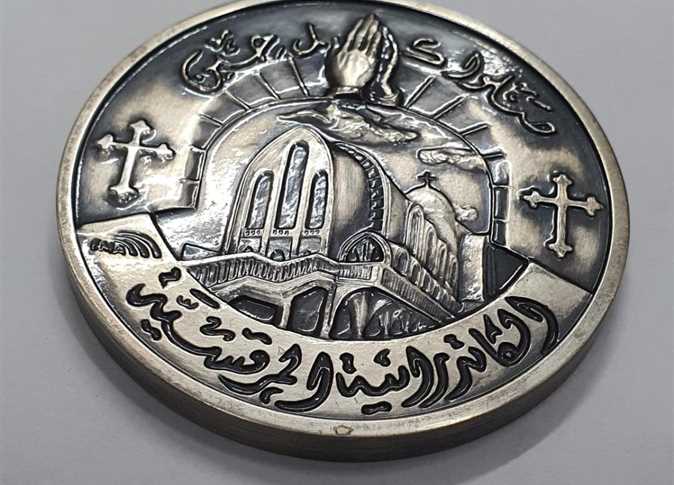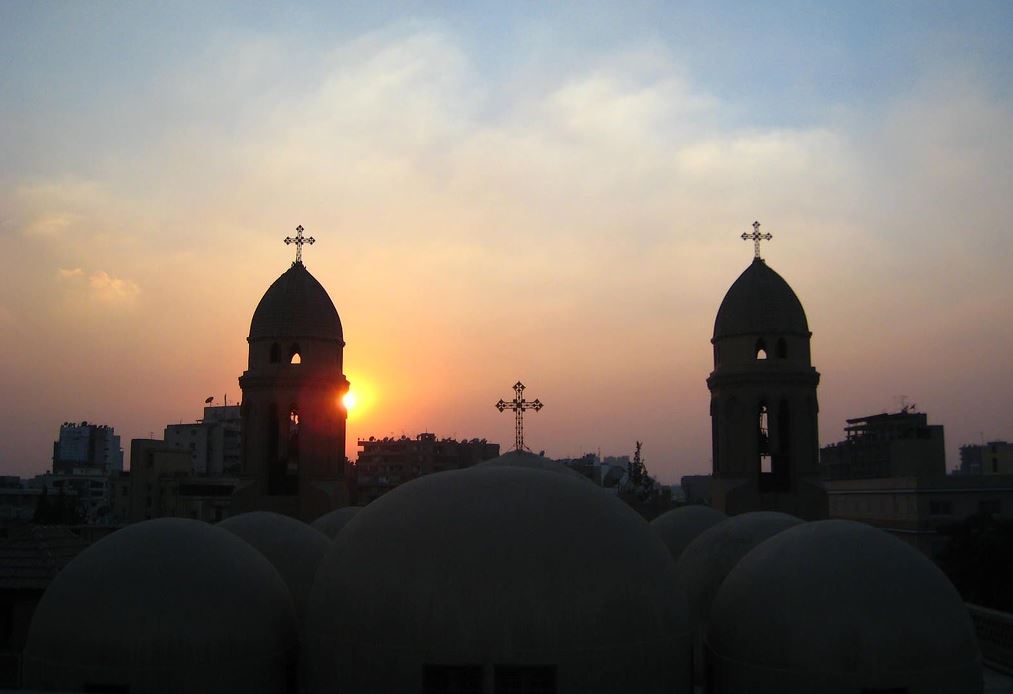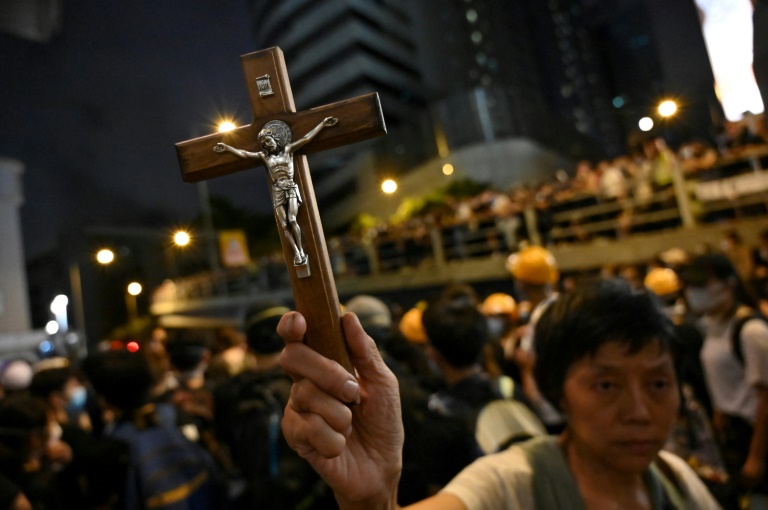President Hosni Mubarak criticized conferences on inter-religious dialogue in other countries, saying that, because such conferences take place "behind closed doors, they don’t reach the hearts and minds of the public."
The president’s comments were part of a speech given on his behalf by Prime Minister Ahmed Nazif at the inaugural session of the 22nd International Islamic Conference of the Supreme Council for Islamic Affairs. The conference was titled "The Objectives of the Islamic Sharia and Contemporary Issues."
Nazif stated in his speech that Mubarak says Islam suffers from misunderstanding by people of other religions, which means that Islamic scholars must double their efforts to promote the real image of Islam and Muslims.
Nazif said the president renews calls for "an enlightened religious discourse based on tolerance and acceptance of the other." He said that Muslims are in need of an education system and media that entrenches these values. Such efforts need to be supported by writers, intellectuals and thinkers in order to tackle ignorance, illiteracy, religious ignorance and blind fanaticism, Nazif said on behalf of the president.
Nazif also said Mubarak emphasizes the importance of fighting the causes of division and extremism, which threaten the security and stability of the Islamic world. He said that waves of fanaticism and extremism among youth hinder development efforts in the Islamic world and prevent Muslims from taking serious steps toward development and progress.
Egyptian Minister of Endowments Mahmoud Hamdi Zaqzoq said at the conference that all prejudice concerning Islam should be addressed. He criticized movements in the Islamic world that seek to instill false religious concepts among youth and push some of them to carry out foolish acts.
Mohamed Tantawy, Grand Imam of Al-Azhar Mosque, said that among the most important objectives of the Islamic creed is to achieve happiness for the individual, bolster the concept of brotherhood among all people, achieve mutual benefit, and spread well-being and security as the basis for the development of societies. He said that different religious affiliations should not pose an obstacle to dialogue.
Pope Shenouda III, also present at the conference, included many Quranic verses in his speech but was corrected several times by Tantawy.
Shenouda focused on the freedom of religion called for by Islam, citing a verse from the Quran that states that there should be no compulsion in religion. He also described religion as a private relationship between an individual and God.
Translated from the Arabic Edition.




